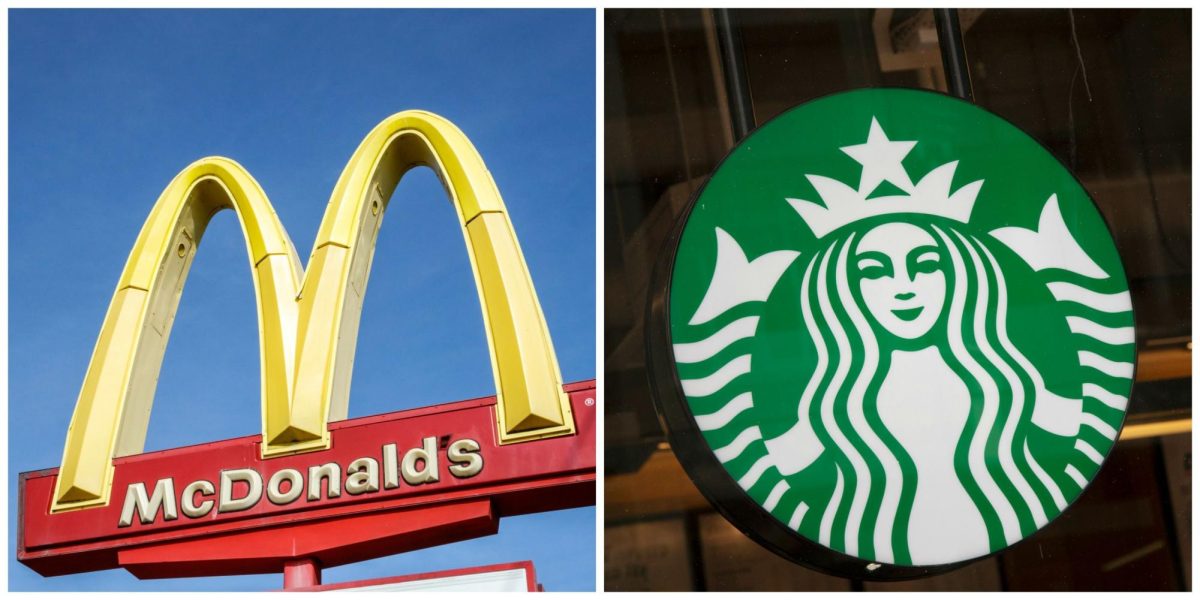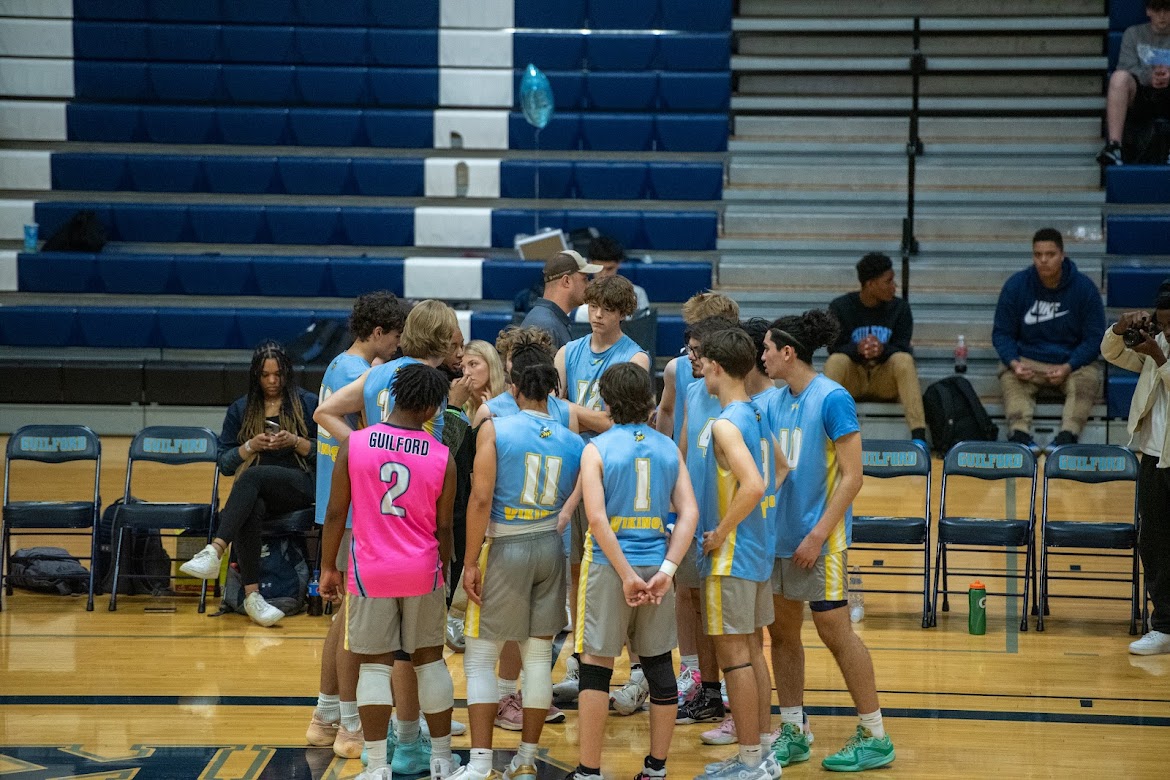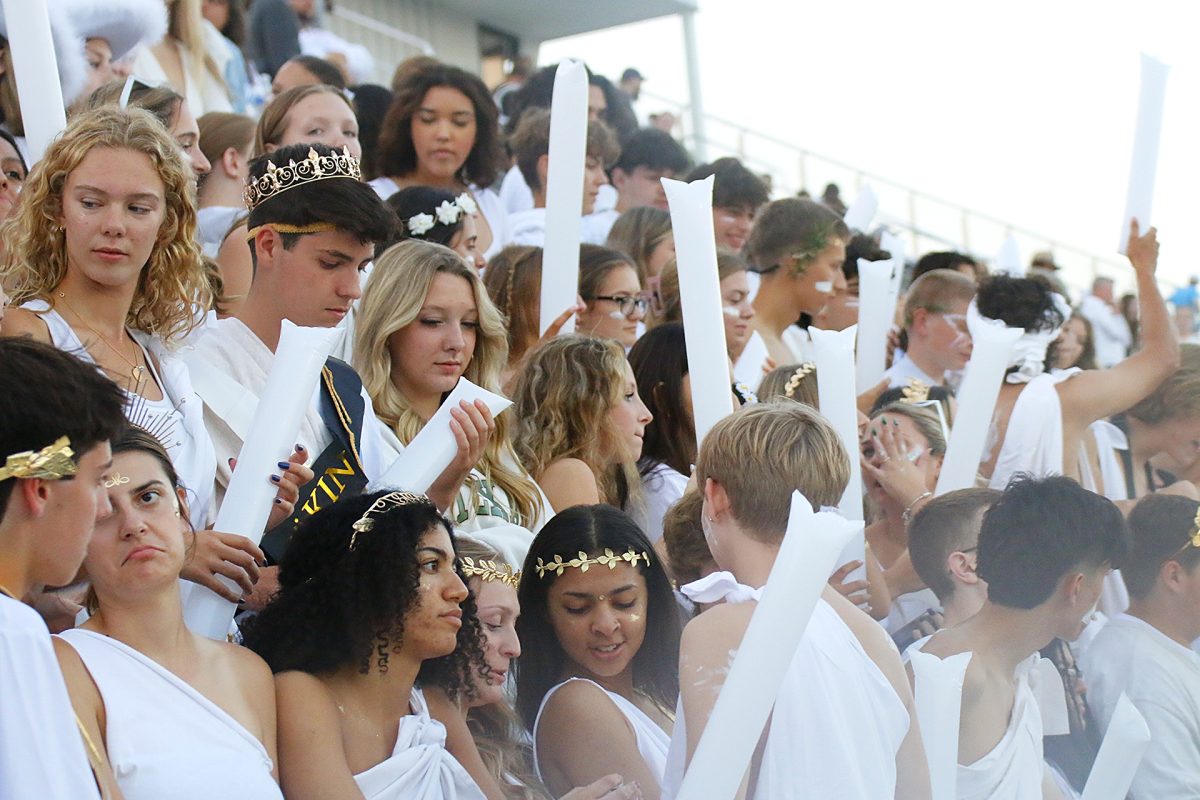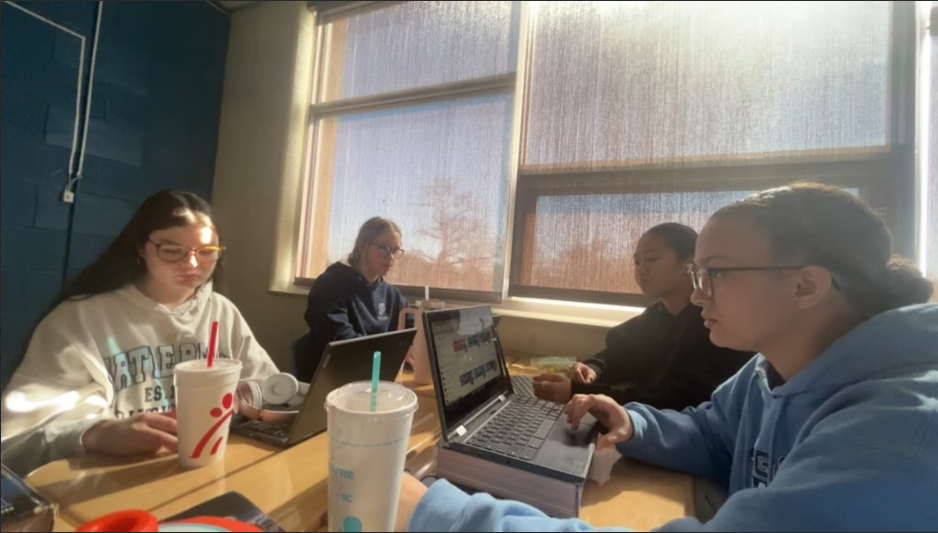On October 7, 2023, people were outraged at what was happening in the Gaza Strip and Israel. The boycott isn’t protesting any type of Palestinian merchandise or companies that support Palestine. The boycott started because of Israel’s response to the Hamas attacks. The Israeli military bombed multiple parts of the Gaza Strip and has forced Palestinians to stay in the bombed areas because if they were to step out of the strip they would be attacked. Palestinians aren’t allowed to leave their home. Knowing who to support in the Israeli-Palestinian conflict means doing deeper dives in who supports each side of the war. Many people are deciding to support Palestinian businesses and boycott companies that support Israel. This means McDonald’s (who sent free meals to the Israeli military, and has over 225 restaurants in the present state of Israel.) and Starbucks (under media fire for stopping a protest by the Union for Palestine) are on the list of boycotting. Even though Starbucks has never actually sent money towards the cause of the Israeli military, they are still under fire for not supporting Gaza.
“I’m sorry, I really can’t comment on stuff like this,” said an anonymous Starbucks employee. “The company doesn’t want us to talk about this stuff.”
Starbucks’s press has made no official statement on the boycott but many people have come out saying that they haven’t funded any government projects. McDonald’s on social media came out after the attack from Hamas and the Israeli response that they will be sending free meals to the Israeli military. Many people who are boycotting are upset at this and are no longer buying any merchandise of any kind until McDonald’s comes out and openly supports the Palestinians. Though many think this isn’t possible, they think if they were able to support the war in the first place, they would stand up on the better side of things.
Now onto the topic of whether or not boycotts work. Boycotts are meant to make the business struggle and slowly decline sales. How do we know it works? Usually, you will see layoffs, price increases, or even sales/deals for those who are boycotting to make them give in.
“They haven’t even talked about the boycotts in my area. But I’m sure it’s a more predominant topic in some bigger departments,” said an anonymous senior project manager for McDonald’s. “The most interaction I’ve seen or heard is just on social media.”
From her perspective, some areas are more affected than others. For the most part, many people get their information on the boycott from social media, including corporate. Some argue back and forth on social media, because the fact if a company as big as McDonald’s gets financially hurt it will more likely hurt the employees and their salary.
“If there has been a financial impact they haven’t outwardly told us. It might have hit employers,” said the senior project manager.
Many people who don’t participate in the boycott believe it’s pointless because McDonald’s is way too big of a company to boycott. In contrast, some people who boycott don’t even realize what they are boycotting in the first place. Some stick to what social media says and blindly take part in something without even knowing what they could be doing to help even more than boycotting a huge corporation.
“I think boycotts can work, but with cancel culture, some people jump onto things based on misinformation so quickly they don’t even know what they are boycotting anymore,” said the senior project manager.















